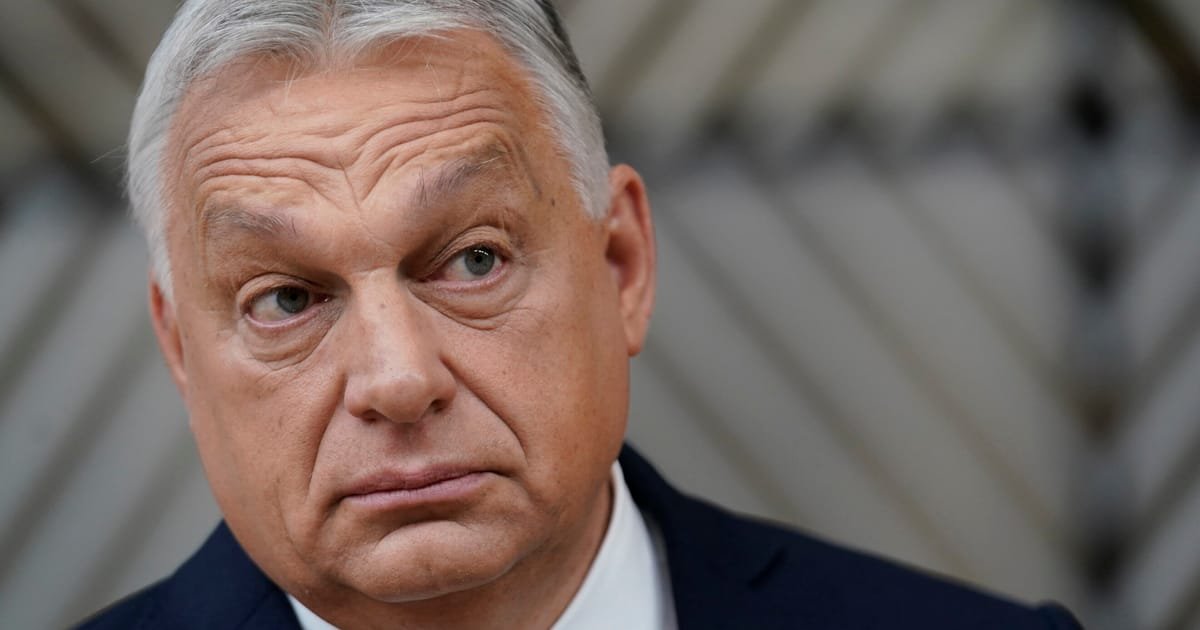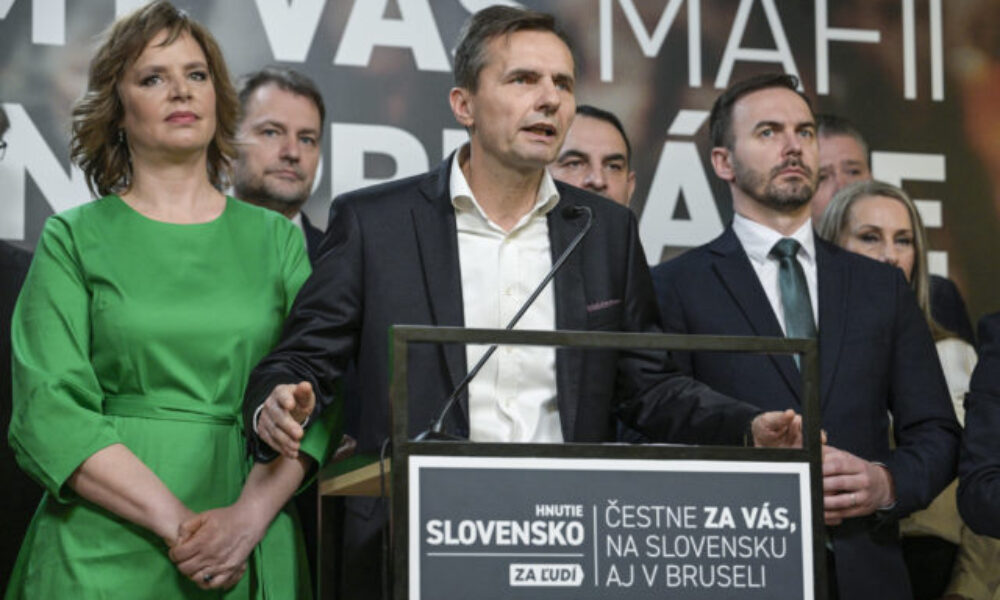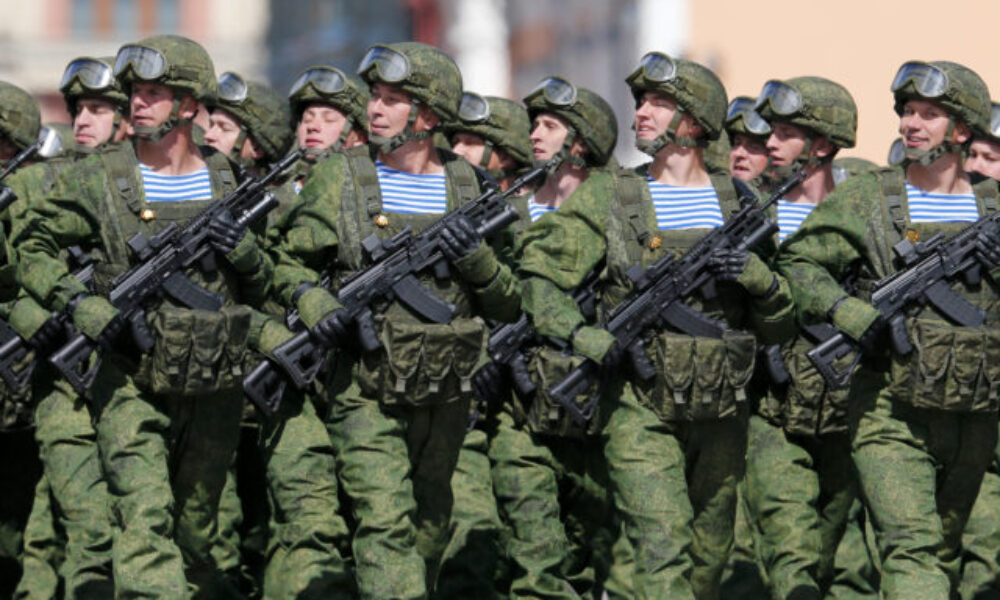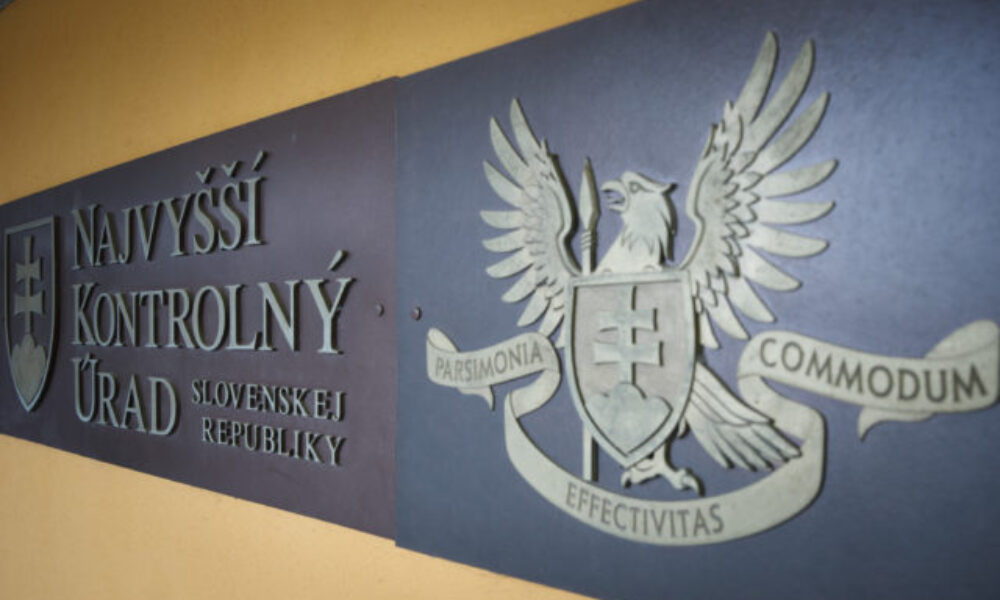
Four people briefed on the plans told POLITICO the Commission is hoping to base its action on a set of European Council conclusions that all EU leaders, including Orbán, agreed to on Dec. 19 last year.
In that statement, the leaders declared: “Russia’s assets should remain immobilised until Russia ceases its war of aggression against Ukraine and compensates it for the damage caused by this war.” At the time, that statement had largely been understood to mean the assets themselves should remain frozen, mainly at Euroclear bank in Belgium, and not accessed by Russia, while interest could be used for the war effort.
The Commission’s new argument is that this statement provides sufficient cover to change the sanctions rules from unanimity to a qualified majority. For that to work, all or most of the other countries would have to agree.
“This would require a high-level political agreement by all or most Heads of State or Government,” the Commission said in a note to EU ambassadors meeting on Friday.
Not just Hungary
Winning that broader agreement will not be easy. There are other Russia-friendly nations in the potential mix, such as Slovakia.
Then there’s the Belgium problem. The Belgian government has already pushed back amid concerns that the EU’s cash grab could expose Belgium and Euroclear, a financial institution that houses Russia’s frozen state assets, to legal retaliation from Moscow.










